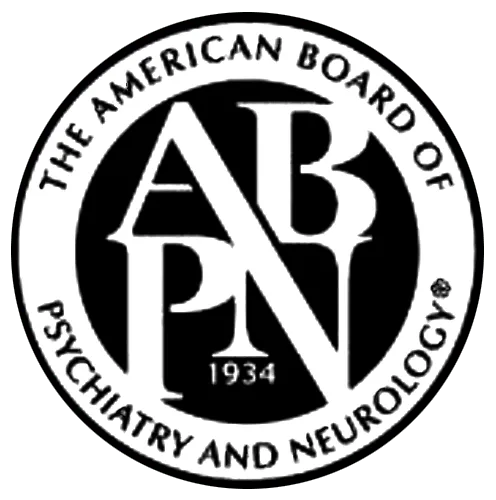Psychotic Disorder
A psychotic disorder is a serious mental health condition where a person struggles to distinguish between what is real and what isn’t. This can include hallucinations (seeing or hearing things that aren’t there) and delusions (strong, false beliefs). These experiences can be very distressing and confusing. Common types of psychotic disorders include schizophrenia and schizoaffective disorder.
Schizophrenia typically begins in late teens or early adulthood. People with schizophrenia may experience hallucinations, delusions and disorganized thinking, which makes it difficult to communicate or behave normally. They might also show less emotion, lack motivation and have trouble with memory and decision-making. Schizoaffective disorder involves symptoms of both schizophrenia and mood disorders like depression or mania.
Diagnosing a psychotic disorder involves a thorough psychotic disorder test conducted by a psychiatrist or mental health professional. They evaluate the person’s symptoms and medical history to rule out other conditions. This process is crucial, especially for psychotic disorders in childhood as early diagnosis and treatment can significantly impact outcomes.


Treatment often includes medication and therapy. Medication helps manage symptoms of psychotic disorders while therapies such as cognitive-behavioral therapy (CBT) support understanding and coping. For those seeking treatment, specialized psychiatric services are available at mental health hospital in Alpharetta. Additionally, integrated mental health approaches and adult mental health services can be highly beneficial in addressing a variety of needs.
Depressive psychotic disorder is another type where depression and psychosis occur together, making treatment more complex. An integrative psychology services approach might be used to address both the depressive and psychotic symptoms effectively.
If you or someone you know is experiencing symptoms of a psychotic disorder. It’s important to seek help from a psychiatrist in Alpharetta or other qualified mental health professionals. With the right psychiatric services and support, many people can manage their symptoms and lead fulfilling lives. Understanding and reducing stigma around these conditions is key to improving lives and accessing appropriate care.


